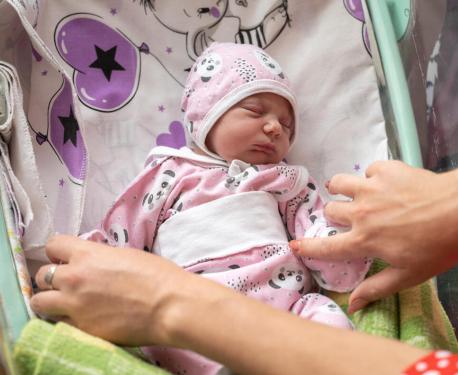
UNICEF Report: A Decade of Action on Premature Births
Urgent action is needed to improve the prevention of preterm birth, alongside better care for preterm babies and their families.
Summary
An estimated 13.4 million babies were born pre-term in 2020, with nearly 1 million dying from preterm complications.
"Born too soon: decade of action on preterm birth," produced by the World Health Organization and UNICEF together with PMNCH — the world's largest alliance for women, children and adolescents — sounds the alarm on a "silent emergency" of preterm birth, long under-recognized for its scale and severity, which is impeding progress in improving children's health and survival.
Preterm birth is now the leading cause of child deaths, accounting for more than 1 in 5 of all deaths of children occurring before their fifth birthday. Preterm survivors can face lifelong health consequences, with an increased likelihood of disability and developmental delays.
Estimates from WHO and UNICEF indicate that preterm birth rates have not changed in any region of the world in the past decade, with 152 million vulnerable babies born too soon from 2010 to 2020.
Action is urgently needed to improve the prevention of preterm birth, alongside better care for affected babies and their families. The report calls for increased investments, accelerated implementation of national policies for maternal and newborn care, education, strengthening climate adaptation responses and locally driven innovation to support improvements in quality of care and equity in access.